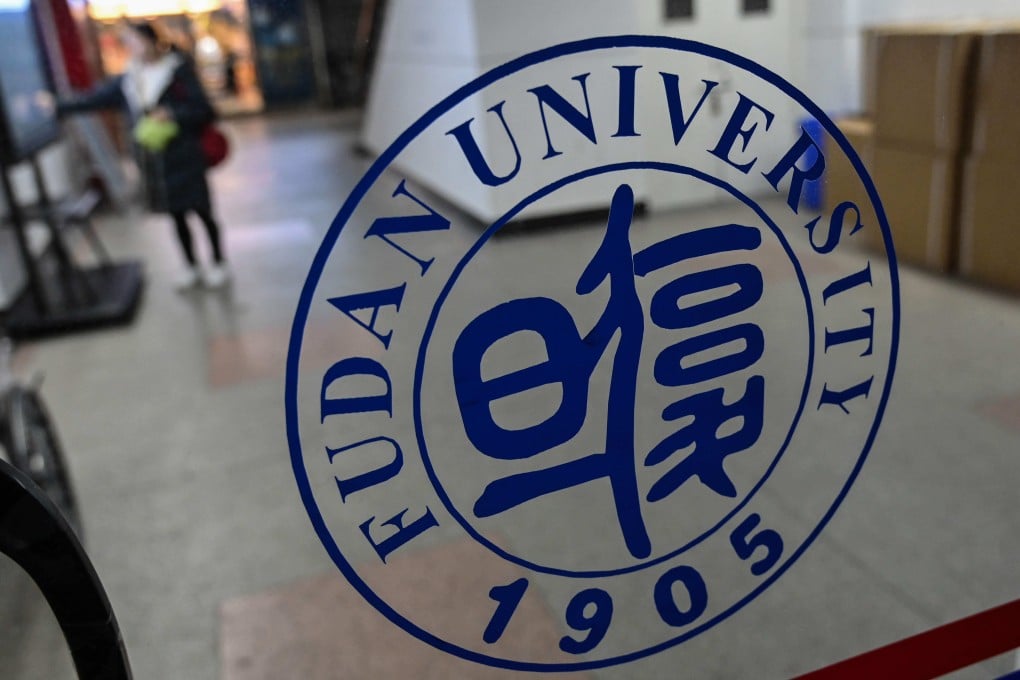Analysis | Fudan University’s planned Budapest campus runs into local opposition
- Leaked documents suggest project will saddle Hungary with US$1.3 billion debt and threaten plans to build low-cost student housing in the city
- Concerns have also been raised the facility could be used to spread Communist Party ideology in the former Eastern Bloc country

Shanghai-based Fudan, ranked in the top 100 universities worldwide, aims to open the campus in the Hungarian capital in 2024. The university’s president Xu Ningsheng called it a milestone in the institution’s development in 2019 after signing a memorandum of understanding with Laszlo Palkovics, Hungary’s minister for innovation and technology.
But opposition politicians have decried the project after Hungarian investigative news outlet Direkt36 obtained government documents showing it would cost as much as US$1.5 billion – more than the country’s entire annual higher education budget.
Nearly all of the amount would come from Chinese loans, and Chinese companies, workers and building materials will be used, according to the documents.
They indicated the campus construction contract would be awarded to China State Construction Engineering Corporation without a proper bid process, a manoeuvre to avoid EU regulations, Direkt36 reported.
A key document was a draft proposal by Palkovics which said the Hungarian government would have to repay US$1.3 billion to state-owned China Development Bank. According to Direkt36, the documents also showed the campus would be built in an area set aside for a low-cost housing project for 12,000 Hungarian students.
